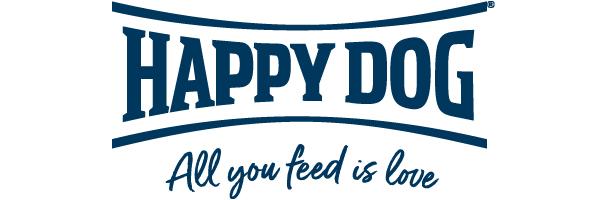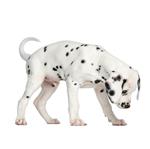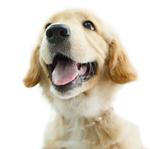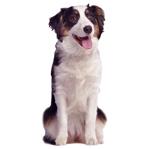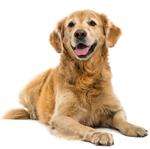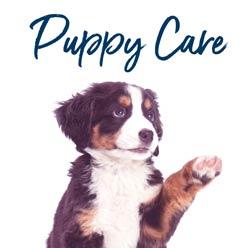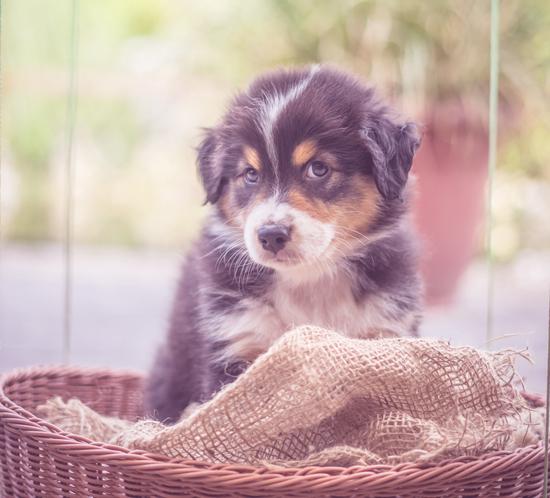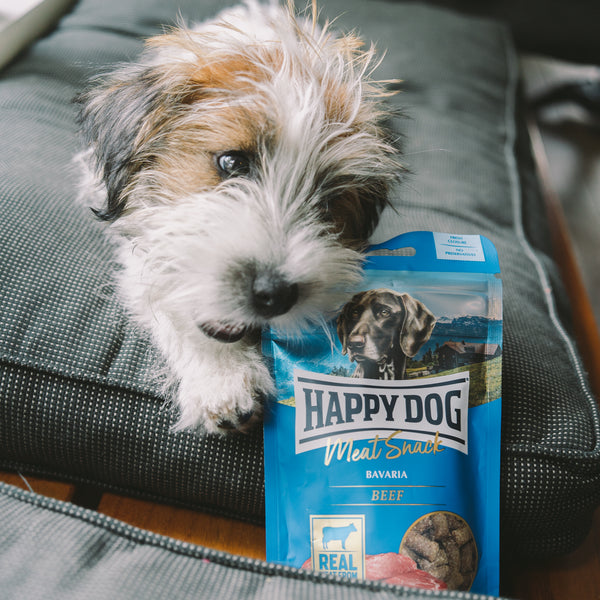
So, you’ve got a brand new puppy. You’ve welcomed this bundle of joy into your family and now it’s time to get to work on their training. Not only is this an amazing way for you to bond with your new four-legged friend, but it’s important to show your pooch how they fit into your family.
Try our tips below as part of their daily routine, for a happy dog and a happy home.
Keep things fun and upbeatso that these training sessions are things you look forward to, not another chore. By seeing your new puppy learning new skills and tricks, we’re certain this will be enjoyed by your whole family.
Make sure youreward your dogwith tasty,healthy puppy treatsto create positive reinforcement and ensure they’ll follow your lead. Not only this but make sure your training isconsistentand the sessions are kept short. By doing this in short bursts, regularly, you’ll be able to ensure your puppy picks up these new tricks quickly.
Use thesame wordsfor your commands every time to prevent confusion, and be really clear when speaking these to your dog. If you’re teaching them new tricks, but using different commands every time, this will slow down progress and lead to confusion for both you and your dog. Perhaps most importantly, try toend the session on a positive, not only will this help keep things fun, but it will also mean you’ll look forward to the next session.
Whether they’re weeing on the carpet or chewing your favourite cushions, we know better than anyone that dogs can often badly behave. Shouting and punishing them isn’t usually effective however and can actually cause more issues later on by making your dog nervous or scared.
Instead, make sure youreward the good behaviours and try not to overreact to the bad. Remember, positive reinforcementis the best tool in puppy training. We know this can be easier said than done when your new friend has chewed a hole in your new trainers, but try to be strong, it will benefit both of you in the long run.
When it comes to food, make sure you’re not overfeeding your pooch, and you’re using small amounts of healthy treats. We know it can be tempting to give them too many, I mean who can resist those puppy dog eyes!? However, try to keep a mental note of how many treats you’re giving them and then adjust their food accordingly.
For a more detailed training plan and for a deeper explanation of puppy training, check out this great guide fromThe Dogs Trust. We hope these tips give you the confidence to start training your puppy and remember, although this is training.. it should be fun and rewarding for both you and your four-legged friend.
We’d love to hear about your progress!

